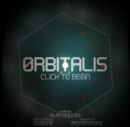
Developer: Alan Zucconi
Publisher: Mastertronic
Platform: PC, Mac
Tested on: PC
0RBITALIS – Review
Gravity, we live it, we use it and it’s one of those aspects in gaming that help create the most realistic titles. But what if gravity itself wasn’t just a mere necessity, but the actual gameplay base? What you’d get would be none other than 0RBITALIS. In this fast-pacing Indie satellite launching simulator, gravity is the one constant protagonist you’ll always have to take into account. Will you find ways to defeat it?
Story
As it’s more of a puzzle game, 0RBITALIS does not actually have a plot or story. However, if it had any, we could say that the game drops us in the middle of space with one or more satellites with the premise to fire the probes and fulfil a certain mission. An example of this is needing to find a way to get them into orbit for a minimum amount of time before they either shoot out into the dark or crash on a planet or star. Your main ally in this is of course also your worst enemy: gravity.
Graphics
This gravity simulation game opts for a charming minimalistic look. The background is usually black with cloudy patches in a colour corresponding with the moving masses on screen, or giving the impression of light emitted by a star. Meanwhile your probe and its path shine a bright red colour. Once you send out your satellite, a semi-circle starts to form around the level to indicate the amount of time the probe needs to be moving within. In a way, the style gives you the impression of watching a launch and following the satellites’ paths on a screen at NASA, with the exception of bodies being displayed as geometric forms instead of the more expected circles. A second design can be found in the Workshop, where you design your own levels on ‘blue paper’ with a white crayon. Sounds like a blueprint? Indeed it does. Both designs work perfectly and show you don’t need something fancy to hit the nail on the head.
Sound
We don’t know how many of you have ever visited a planetarium presentation or show, but if there’s any way for us to describe 0RBITALIS’ background music, that is exactly the stuff we should refer to. With atmospheric synthesizer tunes, you feel right at home in the darkness of space. As the great beyond out there has a lot going on yet remains mythical and calm to us, the music of 0RBITALIS manages to lull the player into a state of tranquillity; this even despite the high odds of failing a launch. Personally, we love this approach, especially in games in which you’ll probably have to try over and over again. Furthermore, sound effects like the launch, counter and crash all mix very well with the background music, creating a wonderful unity.
Gameplay
This Indie game might look like some sort of puzzle game, yet it isn’t entirely so. 0RBITALIS is actually, as mentioned before, a playable gravity/ satellite launching simulator! Though it might look a bit confusing at first, playing the game is actually easy as pie. From the main menu, you get the choice to start the next level automatically or pick one through the star map. The star map shows a series of stars grouped together in clusters. Each star represents one level and will connect to a puzzle of higher difficulty within the same cluster. When selecting a star on the map, a smaller version of the stage is shown to give you a basic idea of what you are up against. Clicking on the selected object will start the chosen level.
In 0RBITALIS, every stage is a challenge. Stars, planets, pulsars, anti-gravity plots and more may all be part of your mission. The first levels are pretty standard and demand you to launch a satellite in such a way that it stay in orbit for at least a certain amount of seconds. In other words, you have to pick your path carefully, because the hazard of crashing into a sun or a planet is very real. Of course, hurling expensive gadgets like that into deep space too early for comfort isn’t something you want either. Later stages go a step further, demanding you to stay a certain amount of time as close to the object ground control wants to study as possible or even purposely crashing onto asteroids in order to destroy them, and so the search for that perfect launch begins.
Launching a probe is done with a single mouse click. An arrow and an indication of where the satellite will be heading next are your only guide. Once the object has been launched, you can only watch as gravity does its job. Should you fail, the level restarts right away for you to try again. Should you succeed however, 0RBITALIS will give you your personal score and add you to the leaderboard. For those that like to watch the moment of impact, the game features a bullet time mode. By holding the right mouse button, time gets slowed down so you can experience your crash even when gravity torpedoes the man-made moon at very high velocity.
On the leaderboard itself, you get the option to continue to the next mission, retry or go back to the Star Map or Menu. There is also the option to share your scores on Facebook. However, this function did not seem to work for us during testing.
The simplicity of 0RBITALIS makes the game incredibly addictive. While it offers a set of shortkeys to make jumping from menu to menu go even faster, the game can be played perfectly by just using the mouse. This simplicity is exactly why it is so easy to get hooked on 0RBITALIS. Luckily, with 100 levels to beat and grand total of 39 Steam-achievements, the game offers a lot to satisfy this newfound gravitational addiction. However, certain achievements might still be near impossible to get. We personally tried to earn the ‘remain in orbit for thirty minutes and an hour’ achievements, but came face to face with frame-rate drops after around 20 minutes and eventually the game actually crashed. As some people already did manage to get their hands on these trophies, it is clear they can still be realized. It will simply depend on how well the game responds to the long wait.
As mentioned earlier, 0RBITALIS also features an ‘Editor’ in which you can create your very own levels and a ‘Workshop’, which features levels you might have subscribed to and otherwise simply also links into the Editor. The level-creator hands you some easy tools to make your own solar system to test your satellites in. Two buttons allow you to place masses, like planets and stars, and probes on your map. By altering the size of the masses, you can effectively change them from tiny moons into massive stars. Linking the little triangles attached to both masses and satellites to other masses, you can put them in orbit around said space object. Even the gravitational field can be flipped upside down by toying with the circle attached to planets and stars. The Editor however does not feature a tutorial or help function and thus it’s completely up to the player to toy with and test the various functions.
Conclusion
0RBITALIS, while still having a few kinks in these early days after release, is already set to be one of the most addictive titles of the year. With minimalistic graphics and fast-paced challenging levels, this Indie puzzle/simulator game has everything to keep players entertained and glued to their screens. As it offers intuitive gameplay, levels that can be completed in just a few seconds and allows for competition thanks to the leaderboards, it is clear 0RBITALIS will be able to cater to all sorts of players. Definitely deserving of our recommendation.
0RBITALIS - Review,
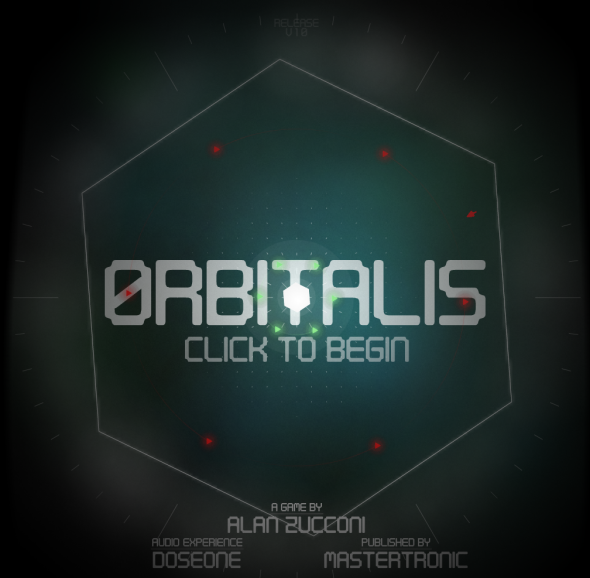
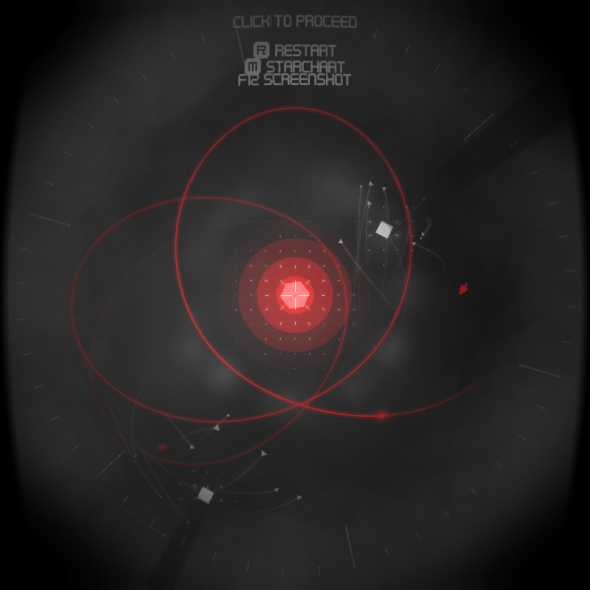
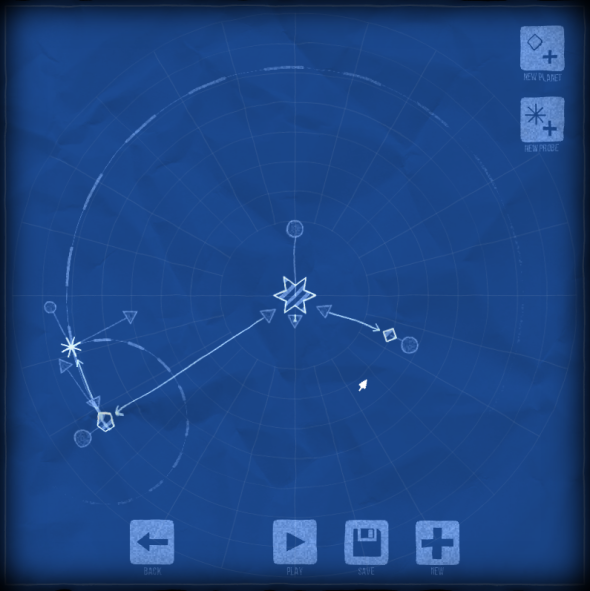
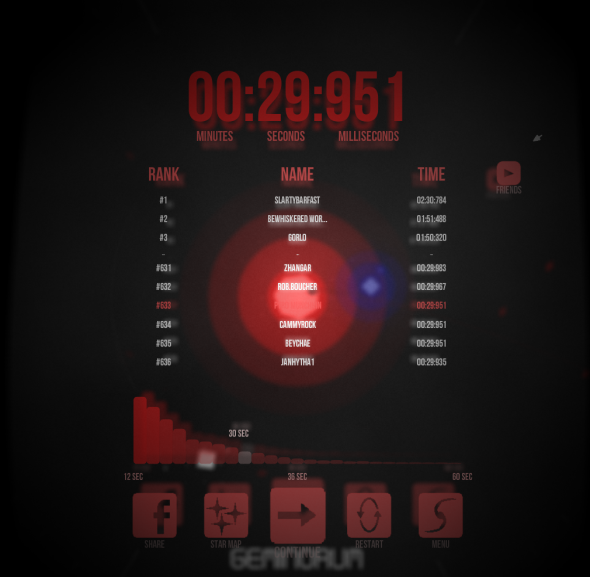


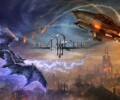
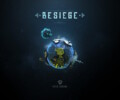
No Comments